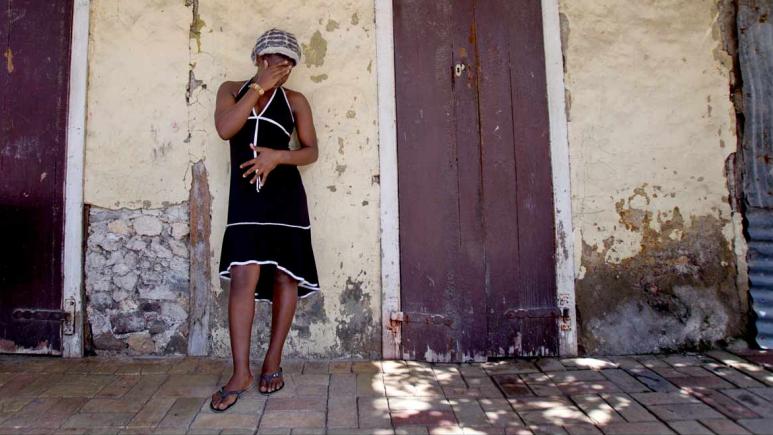AMoCo, a study to assess the magnitude of abortion-related complications in fragile and conflict-affected settings
A 4-year study in Democratic Republic of Congo (DRC), Central African Republic, and Nigeria is collecting data to inform adapted strategies to better prevent abortion-related deaths and severe complications.
The study assesses the importance and severity of abortion-related complications, and in particular abortion-related deaths and "near miss" events (complications that almost led to death, but the woman survived). This study is conducted in 3 health facilities supported by Médecins Sans Frontières (MSF) in fragile and/or conflict-affected African contexts. It includes an observational quantitative study of more than 1,200 women who have had abortion-related complications, a qualitative study exploring the experiences of women who nearly died from abortion complications, as well as an assessment of health care facilities and the knowledge, attitudes, and practices of health professionals involved in postabortion care.
The context of the study
Abortion-related complications are one of the top five causes of maternal mortality in the world. Nevertheless, these complications remain the most neglected cause of maternal mortality, for which few improvements have been achieved these last 2 decades. A total of 97% of unsafe abortions occur in limited-resources countries. Moreover, in fragile and/or conflict-affected settings, insecurity increases the vulnerability of women who are more likely to be exposed to unwanted pregnancies and sexual violence.
At MSF access to abortion medical care (post-abortion care, contraception and safe medical care for termination of pregnancy) is a priority in order to reduce maternal mortality and suffering. But projects providing maternal care, many of which are in fragile and/or conflict-affected settings, still lack visibility on this activity, particularly on abortion-related complications. The existing data in these contexts do not allow to measure the magnitude and the severity of the complications, or the quality of their clinical management. Thus, the AMoCo study will assess the importance and severity of abortion-related complications, and in particular abortion-related deaths and "near miss" events.
Epicentre and MSF are conducting this study in partnership with a research institute in sexual and reproductive health, the Guttmacher Institute, and the NGO Ipas, which are leaders in research and program management for access to abortion care. Finally, this research study conducted in collaboration with the Ministries of Health of each of the concerned countries; is the first one conducted on this topic in fragile and/or conflict-affected settings.
Data collection has been completed for the Central African Republic site and is still underway for the Nigeria and Democratic Republic of Congo sites. The first results are expected in late 2021, early 2022.
The study is co-funded by MSF and the humanitarian charity ELRHA.
Note: AMoCo - Abortion-related Morbidity and mortality in fragile and Conflict-affected settings
DISCOVER THE FIRST RESULTS OF THE STUDY IN CENTRAL AFRICAN REPUBLIC
Learn more about the study
Find out more







